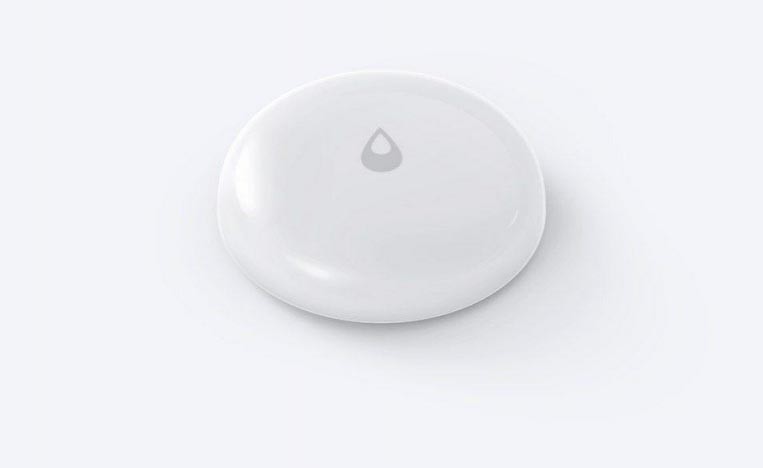Good food hygiene helps you obey the law, protect your customers from food poisoning, and protect your business’s reputation. The four main things to remember are cross-contamination, cleaning, cooking and chilling. Certain foods need to be chilled in order to prevent problems. Here are five tips to help you keep your customers and business safe.
Foods that must be chilled
You should always chill foods that have a “use by” date; foods that state “keep refrigerated” on the label; ready-to-eat food such as salads, sandwiches, cooked meat and desserts; and food that you have cooked but will not be serving immediately.
Keep track of when food needs to be used or thrown away
Make sure that food with a “use by” date is thrown away by the date shown. For food you have prepared or cooked yourself, use a method of labelling such as stickers to mark when the food should be consumed or discarded. Make sure you arrange the food in date order with the newest food at the back so that out-of-date food is not left lurking behind fresher items.
At what temperature should food be chilled?
Chilled food must be kept at 8 degrees or below. If food has to be out of the chiller – for example, in a buffet service – it can be kept out for a maximum of four hours and then returned. Do not mix food that is being returned to the chiller with food that is already there.
Looking after your chiller
Follow the manufacturer’s instructions. Check the temperature every day with a thermometer or a digital display if the equipment has one. The temperature must be set at 5 degrees to ensure food temperature is 8 degrees or lower; this is a legal requirement in England, Wales and North Ireland and recommended in Scotland. Should your equipment break down completely, replace it with one from one of the many reputable commercial catering equipment suppliers such as https://www.247cateringsupplies.co.uk. If food has been out of the broken unit for more than four hours, it must be thrown away.
Food preparation
Keep food out of the chilling unit for the shortest time possible during preparation. If food has been cooked, it must be cooled rapidly before it is put back in the fridge. If in doubt, always contact your environmental health officer.


